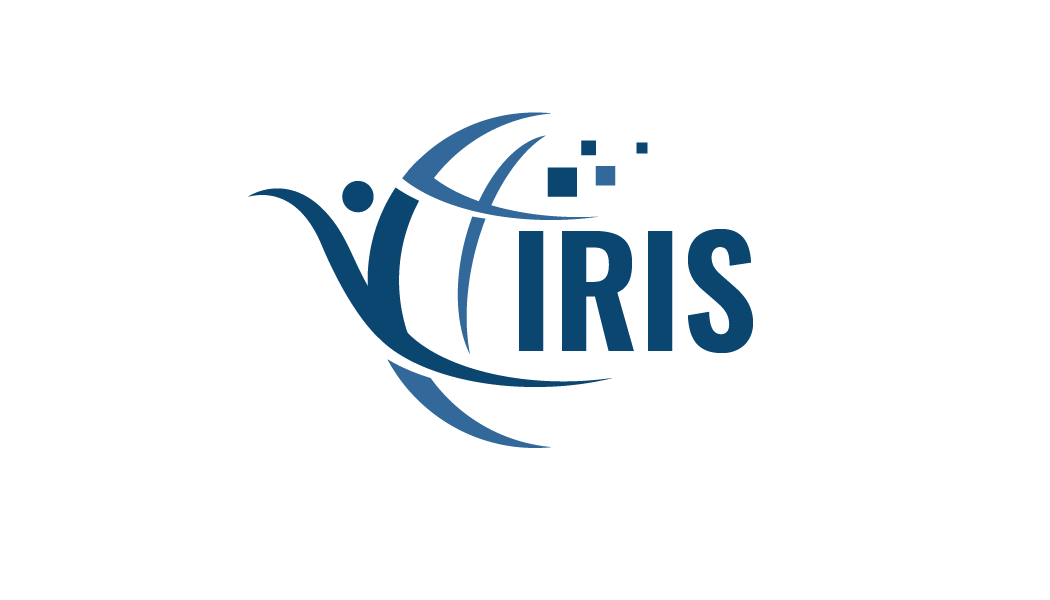Abstract
The public sector is expected to engage actively in improving and innovating its services based on opportunities in digital technologies. An increasingly relevant context for such digital service innovation is shared public services, offered through a collaboration between several public sector organizations (PSOs). In this context, PSOs must temporarily collaborate, navigating challenges that may extend beyond their intra-organizational goals and social mandates. While existing literature has pointed to shared public services as a highly relevant yet potentially challenging context for digital service innovation, it remains relatively unexplored. This paper aims to extend our knowledge of digital service innovation in shared public services by addressing the following research questions: 1) What characteristics of shared public services may make digital service innovation challenging? 2) How can PSOs with distinct goals and social mandates engage in digital service innovation of shared public services? Through examining a Scandinavian cross-sectoral digitalization project, our findings highlight three characteristics: frame plurality, shared authority, and uneven distribution of benefits and costs. Addressing the second research question, we show how PSOs can work to transition from what we coin their intra-organizational frames, emphasizing individual objectives and mandates, to a shared societal frame emphasizing societal and citizen-centric benefits.
Recommended Citation
Thomassen, Maja Lanestedt and Li, Magnus, "FROM INTRA-ORGANIZATIONAL TO SOCIETAL FRAMES FOR DIGITAL SERVICE INNOVATION IN SHARED PUBLIC SERVICES" (2024). 15th Scandinavian Conference on Information Systems. 2.
https://aisel.aisnet.org/scis2024/2


